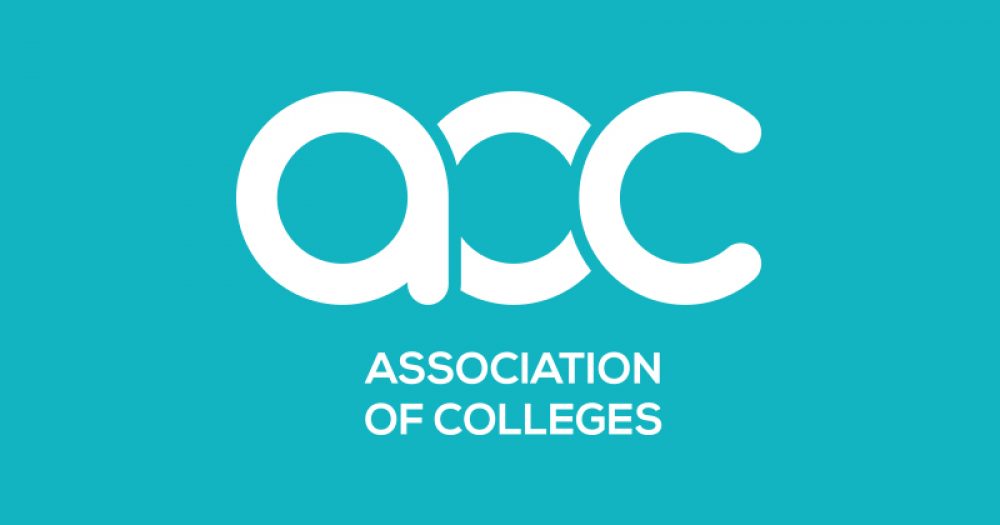The Association of Colleges has rejected six out of 14 proposals put forward by the government in its consultation on T-level funding from 2020.
The consultation, which closes tonight after running for 12 weeks, sought opinions on four new funding bands and subsidy for the industry placement element of the new technical qualifications, among other plans.
In contrast, the Association of Employment and Learning Providers agreed with all 14 proposals (you can read their full consultation submission here).
The AoC took particular issue with the DfE’s proposed funding bands, which would range from £4,170 to £5,835 per year, depending on the size of the T-level.
“We cannot support the proposals because they do not offer enough funding to deliver the quality and experience that colleges want to offer students,” its response said.
The DfE also recommends that each industry placement within a T-level should be covered with an additional £550 per student.
However, the AoC said it was not clear what the amount should cover.
“A detailed cost model needs to be developed with pilot organisations and then shared transparently,” its consultation submission response said.
“Industry placements require sourcing of appropriate placements, confirming roles and responsibilities, monitoring (including dealing with breakdowns) and evaluation.”
It added: “The funding consultation does not outline proposals for bursary funding to help cover the vital travel and appropriate work wear costs of students which will be higher for those in rural areas and from disadvantaged communities. Such funding will be crucial to ensure the smooth running of placements and allow for fair access.”
Another of the DfE’s proposals is to give providers a one-off payment of £750 per subject per student who has not yet achieved a GCSE grade 4 (or above) or a level two functional skills qualification in maths and or English, so they can continue studying these subjects as part of their T-level programme in order to meet the “minimum exit requirement”.
The AoC said English and maths should be “appropriately funded for as long as necessary for a student to achieve passes at grade 4 or above; in a relatively small number of cases that will be two years of funding” and “£750 will not be sufficient to fund two years of English and or maths where needed”.
“To suggest that funding allocated in the first year of the programme will mean that providers are ‘encouraged to help student gain their level two qualifications as soon as they are ready’ indicates a lack of understanding of the current approach of providers,” the association said.
“If all it took was ‘encouragement’ every student would pass their first resit. Colleges want as many students to pass first time as possible, but student skills gaps and self-confidence often mitigate against this.”
You can read the AoC’s full submission to the T-levels funding consultation here.
The other organisation that has members who will deliver the first T-levels is the Sixth Form Colleges Association, but it did not enter a submission to this consultation.
Its deputy chief executive, James Kewin, said: “We sit on a series of government groups about T-levels where we share the views of our members. On this occasion we chose not to submit a formal response to the consultation.”
In the build up to consultation deadline the Department for Education held an hour-long webinar on February 5 where officials explained the proposals, and took part in a lengthy Q&A session. You can watch the webinar below.









Your thoughts